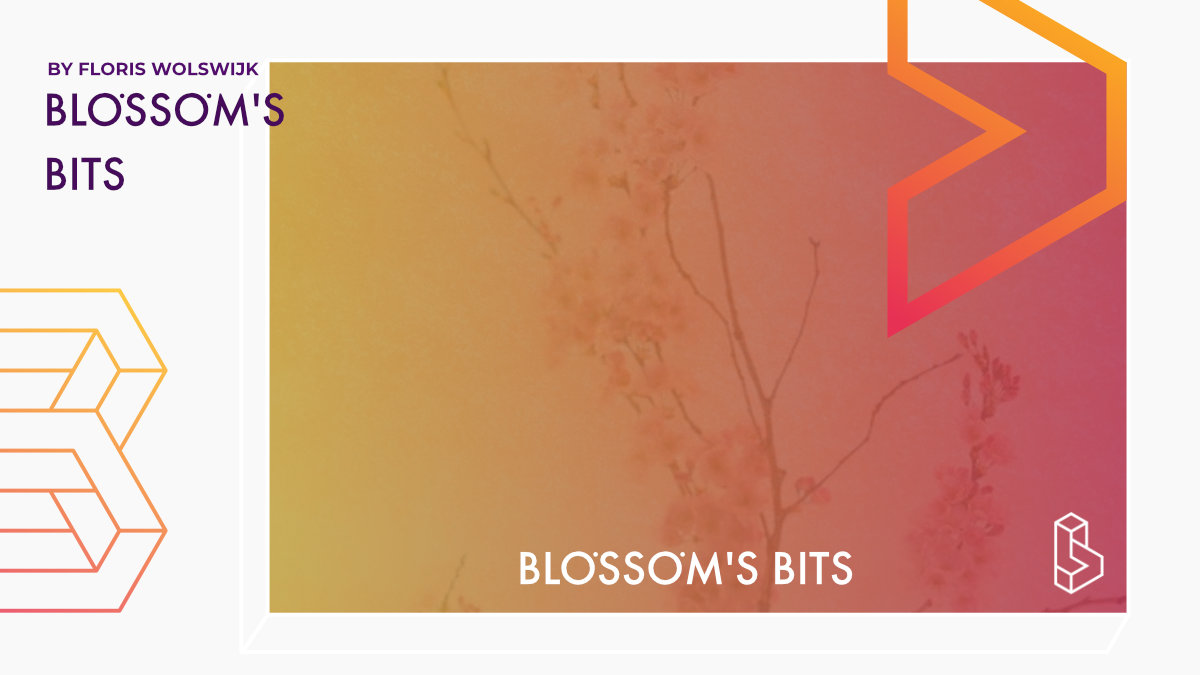Traumatic brain injury currently has no good treatment options.
It can result from something as simple as falling off your bike. Impact on the head damages the brain which can lead to long-term problems – chronic pain, depression and PTSD.
From sports stars to military personnel to the average person, anybody can sustain a brain injury. With the scourge of concussion, a mild TBI, increasingly recognised by sports organizations like the NFL, World Rugby and the public alike, finding better ways to treat and heal the brain following one or several brain injuries is needed.
Here’s how psychedelics might help the brain heal after injury.
1. Reducing inflammation in the brain through serotonin & sigma-1 receptors
Inflammation is the immune system’s response to harmful stimuli like disease and cell damage.
While inflammation may be a natural response, prolonged inflammation can be harmful and has been implicated in mental and neurodegenerative disorders.
Brain injury damages cells in the brain, causing them to produce proteins that cause inflammation.
Flanagan and Nichols suggest that psychedelics can reduce inflammation through their action at serotonin receptors (5-HT2A).
Attila Szabo and colleagues have found that DMT reduces the levels of inflammation-inducing molecules like TNF-α and IL-6 while increasing the levels of anti-inflammatory IL-10 by interacting with sigma-1 receptors.
2. Making new connections by promoting neuroplasticity
Neuroplasticity refers to the ability of the brain to modify, change, and adapt both structure and function throughout life and in response to experience. The brain can make new connections between neurons while pruning away old and less used connections.
With brain injury, the brain may signal to strengthen the connection between synapses in specific areas while weakening the signal elsewhere to repair the damage.
Psychedelics are believed to exert some of their effects by promoting neuroplasticity.
Calvin Ly and colleagues have shown that psilocybin promotes the growth of synapses and strengthens the signal between them (in cells & mice).
Other psychedelics like DMT, LSD and MDMA also promote plasticity. Psychedelics might help the brain to speed up the recovery process after TBI.
3. Stimulating the growth of new brain cells – neurogenesis
Neurogenesis is the process by which new neurons are formed in the brain. Brian cell death – due to lost connections – is a serious issue for those with brain injuries.
Serotonin receptors are considered to have a key role in neurogenesis. Serotonergic psychedelics (i.e. psychedelic that acts on these receptors) have been shown to promote neurogenesis.
Mice treated with psilocybin were shown to respond to fear more quickly than untreated mice, something which the researchers accredited to neurogenesis.
It’s too early to say how psychedelics can heal traumatic brain injury
The effects psychedelics have on a biological level may help people to recover from brain injury.
Whether or not a high-dose or low-dose is needed remains to be seen. Some believe the psychological effects of a high dose are necessary while others do not.
With more research, psychedelics may be the treatment patients have been looking for.
Become a psychedelic insider
Get a Pro Membership to enjoy these benefits & support Blossom📈 full reports on Topics & Compounds
🧵 full summary reviews of research papers
🚀 full access to new articles
See Memberships

